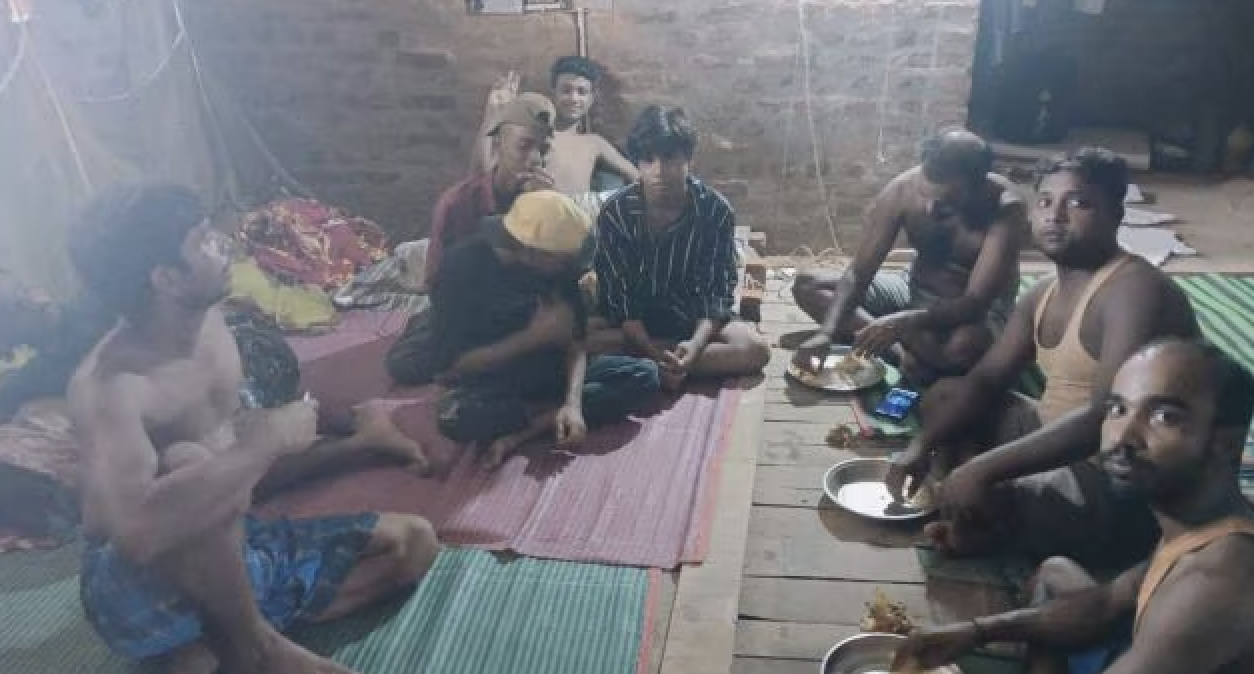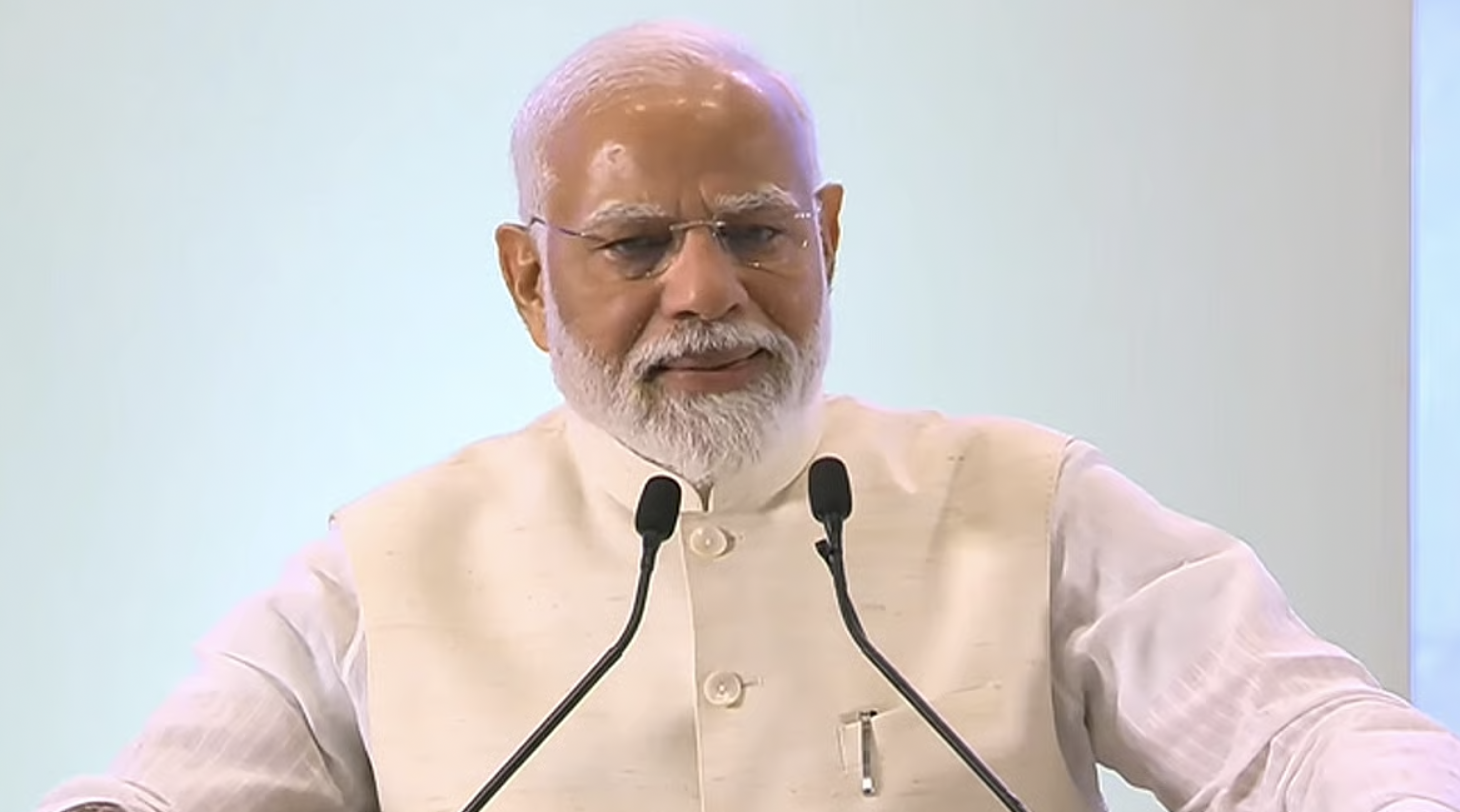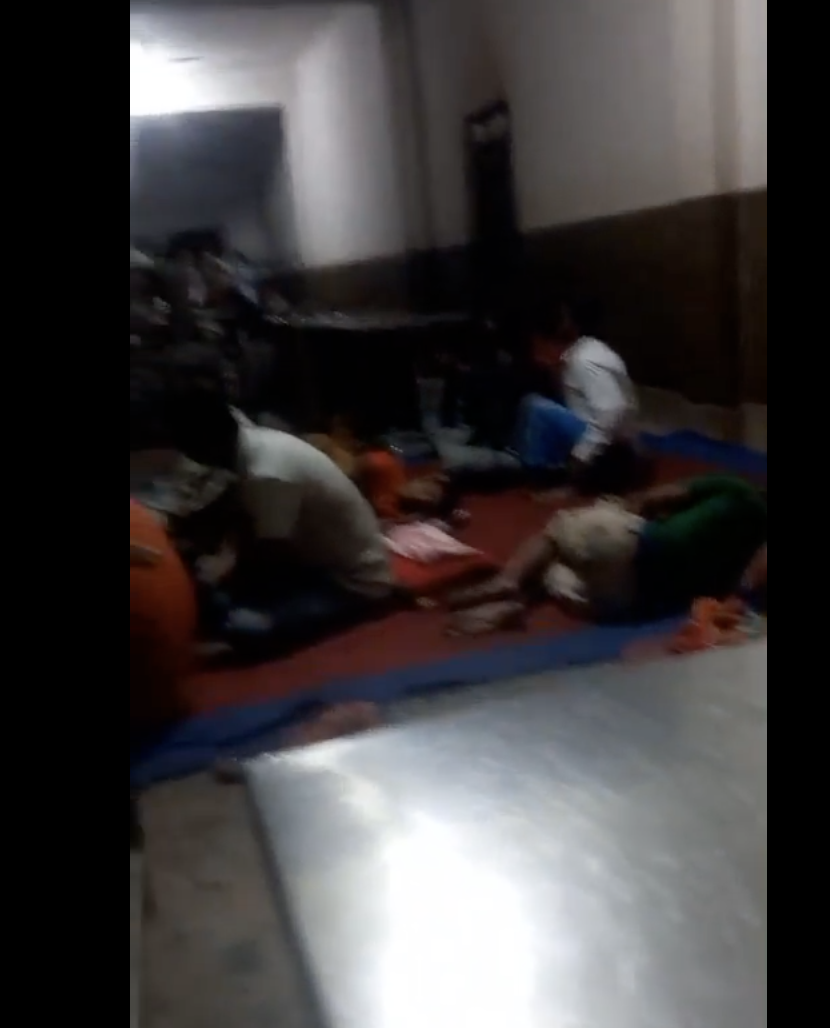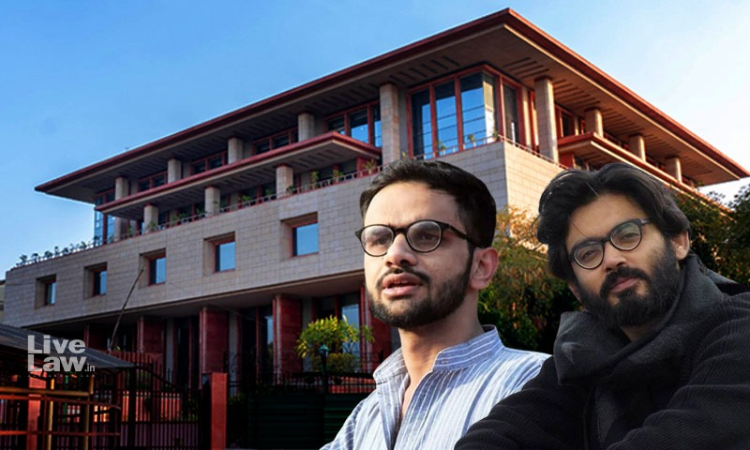
Delhi: It is not surprising that the Delhi police have challenged additional sessions judge Arul Varma’s order of 4 February 2022, discharging 11 students and former students accused of violence at Jamia Millia Islamia University on 13 December 2019.
The order weakens the Delhi riots conspiracy case where three discharged students are also accused, lawyers said.
The leaders of the movement against the contentious Citizenship Amendment Act (CAA), 2019, according to the police, hatched a conspiracy to force its repeal, “bringing the government of India to its knees” and defaming India when US President Donald Trump visited on 22-23 February 2020, which involved sowing unrest among Indian Muslims, and organising protests and “disruptive” chakka jams (roadblocks) that ended in rioting.
The first stage of the alleged conspiracy was the protests at Jamia on 13 December and two days later on 15 December, culminating in violence after the CAA was signed into law on 12 December.
Under the subhead, “First phase of chakka jams and riots”, in the chargesheet of the Delhi riots conspiracy case filed on 17 September 2020, the police said, “In pursuance and furtherance of common conspiracy hatched between the group of conspirators, the first phase of chakka jam and riots evolved as under”, with the Jamia violence case of 13 December 2019 listed first.
Judge Varma not finding evidence for a trial against three of the alleged conspirators accused in both cases—student activists Safoora Zargar, Asif Iqbal Tanha and Sharjeel Imam—blunts the allegation of a multilayer conspiracy starting with the violence at Jamia and their role in it.
In telling the police to “desist from arraigning innocent protesters” and “to make a distinction between dissenters and rioters”, in the context of 13 December 2019, Varma’s order challenges the criminality the police have linked with the anti-CAA protests and the projection of the protesters as riot planners.
“The truth is that we’re living in a democracy. The constitution gives you the power to express yourselves freely,” Varma said while discharging the students. “You had every right to dissent, to voice your opinions peacefully. And therefore, on the conceptus of the entire record, all of you are discharged.”
On 3 February, a day before the order, Article 14 reported the poor investigation, inconsistencies and possible fabrication in the police case for 13 December 2019. The police failed to show evidence of planning or ascribe any overt act of violence to the students.
The Delhi riots conspiracy case suffers from similar defects in the investigation.
Fifty-three people were killed in the rioting from 23-26 February 2020 in northeast Delhi, two-thirds Muslim. Of the 18 people charge-sheeted in the Delhi riots conspiracy case, 16 are Muslim.
The police have alleged the conspiracy goes back to the abrogation of Article 370 in Jammu and Kashmir on 5 August 2019 and the Ayodhya verdict on 9 November 2019, which left Indian Muslims feeling angry and insecure, and the passage of the CAA on 12 December 2019 provided an opportunity to foment trouble starting with the protests in Jamia followed by the Shaheen Bagh sit-in building replica protest sites in Delhi and organising roadblocks to coincide with Trump’s visit.
This story was originally published in article-14.com . Read the full story here






